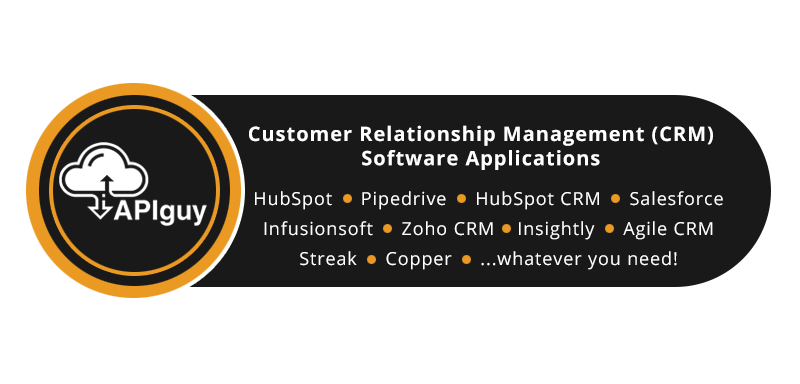1. What is Customer Relationship Management (CRM) Software?
CRM software is a tool that helps businesses streamline their interactions with customers by consolidating customer data from multiple sources in a centralized database. It provides a 360-degree view of all customer interactions, including sales, marketing, customer service, and support. With CRM software, businesses can track customer behavior and preferences, manage sales pipelines, automate marketing campaigns, and improve customer service.
2. What are the benefits of using a CRM system?
CRM software offers several benefits, such as improved customer engagement, increased productivity, better data management, streamlined processes, and enhanced customer service. With a unified view of all customer interactions, businesses can make data-driven decisions and provide a personalized experience to each customer, leading to increased loyalty and higher customer retention rates.
3. What features should I look for in a CRM system?
A good CRM system should have features such as contact management, lead management, sales pipeline management, marketing automation, reporting and analytics, mobile access, and integrations with third-party applications. The system should also be easy to use, customizable, and scalable to meet the evolving needs of the business.
4. How much does CRM software cost?
The cost of CRM software varies depending on the vendor, deployment model, and features included. Some vendors offer a subscription-based pricing model, while others charge per user or per month. On-premise solutions are generally more expensive than cloud-based solutions, but they offer more customization and control.
5. How do I choose the right CRM system for my business?
When choosing a CRM system, consider factors such as the size of your business, the number of employees, the complexity of your sales cycle, the features you need, your budget, and your growth plans. It's also important to evaluate vendors based on their reputation, customer support, and integration capabilities.
6. How can CRM software help me improve customer service?
CRM software can improve customer service by providing a single view of all customer interactions, enabling agents to quickly access customer information, history, and preferences. It also allows businesses to track and resolve customer issues more efficiently, automate service requests, and provide personalized support. By improving customer service, businesses can increase customer loyalty and retention rates.
7. Can CRM software integrate with other software tools?
Yes, most CRM systems offer integrations with third-party applications such as marketing automation software, email marketing tools, social media platforms, and e-commerce platforms. This allows businesses to streamline their marketing and sales processes, automate workflows, and reduce manual data entry.
8. How can I ensure data security and compliance with a CRM system?
CRM vendors should have strict security measures in place to protect customer data, such as encryption, access controls, and regular security audits. They should also comply with data privacy regulations such as the General Data Protection Regulation (GDPR) and the California Consumer Privacy Act (CCPA). It's important to choose a vendor that is transparent about their security practices and compliance certifications.
9. How long does it take to implement a CRM system?
The implementation time for a CRM system depends on factors such as the size of your business, the complexity of your business processes, and the customization required. Generally, cloud-based CRM solutions can be deployed faster than on-premise solutions, which may require hardware and software installations. A typical implementation can take anywhere from a few weeks to a few months.

